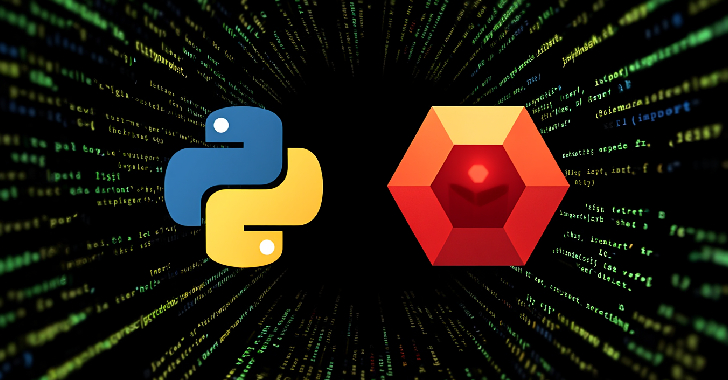A new paper presents a polynomial-time quantum algorithm for solving certain hard lattice problems. This could be a big deal for post-quantum cryptographic algorithms, since many of them base their security on hard lattice problems.
A few things to note. One, this paper has not yet been peer reviewed. As this comment points out: “We had already some cases where efficient quantum algorithms for lattice problems were discovered, but they turned out not being correct or only worked for simple special cases.” I expect we’ll learn more about this particular algorithm with time. And, like many of these algorithms, there will be improvements down the road.
Two, this is a quantum algorithm, which means that it has not been tested. There is a wide gulf between quantum algorithms in theory and in practice. And until we can actually code and test these algorithms, we should be suspicious of their speed and complexity claims.
And three, I am not surprised at all. We don’t have nearly enough analysis of lattice-based cryptosystems to be confident in their security.
EDITED TO ADD (4/20): The paper had a significant error, and has basically been retracted. From the new abstract:
Note: Update on April 18: Step 9 of the algorithm contains a bug, which I don’t know how to fix. See Section 3.5.9 (Page 37) for details. I sincerely thank Hongxun Wu and (independently) Thomas Vidick for finding the bug today. Now the claim of showing a polynomial time quantum algorithm for solving LWE with polynomial modulus-noise ratios does not hold. I leave the rest of the paper as it is (added a clarification of an operation in Step 8) as a hope that ideas like Complex Gaussian and windowed QFT may find other applications in quantum computation, or tackle LWE in other ways.






